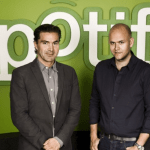The earth shakes when two of the world’s most well-known and trusted companies form a partnership. And many questions are on everyone’s lips. Some call it a small revolution, while others believe it’s just a small, inconsequential hype. Netflix teams up with Spotify: why and what could it change? We explain everything.
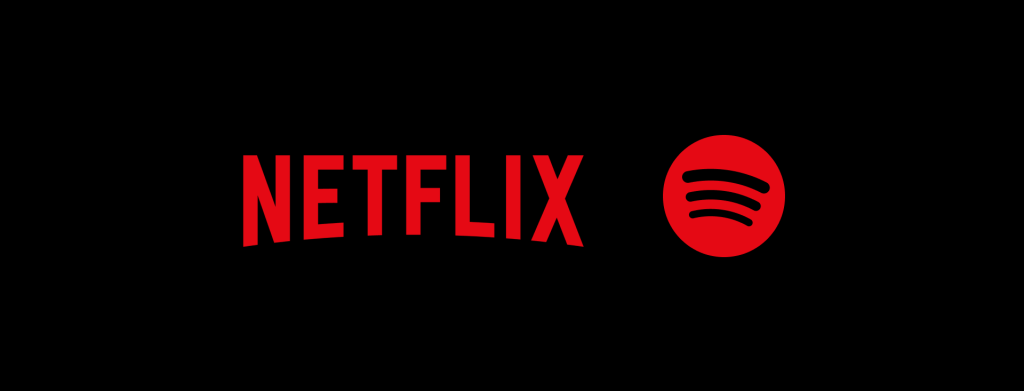
Netflix teams up with Spotify: why and what could it change? The deal.
A week ago, on October 14, 2025, Netflix and Spotify announced a partnership: the distribution of more than fifteen podcasts, sixteen to be exact, produced by Spotify, on the Netflix platform, in video. Some well-known names are circulating: The Killers, The Bill Simmons Podcast, The Zach Lowe Show, Conspiracy Theories, etc. These are major Spotify productions, listened to massively, and are among the most listened to and followed podcasts on the planet. Enough to arrive with heavy artillery on Netflix. This video content will be viewable on Netflix, like watching series or films. The goal is to put audio and video on the same level and meet the constant demand for exclusive content.
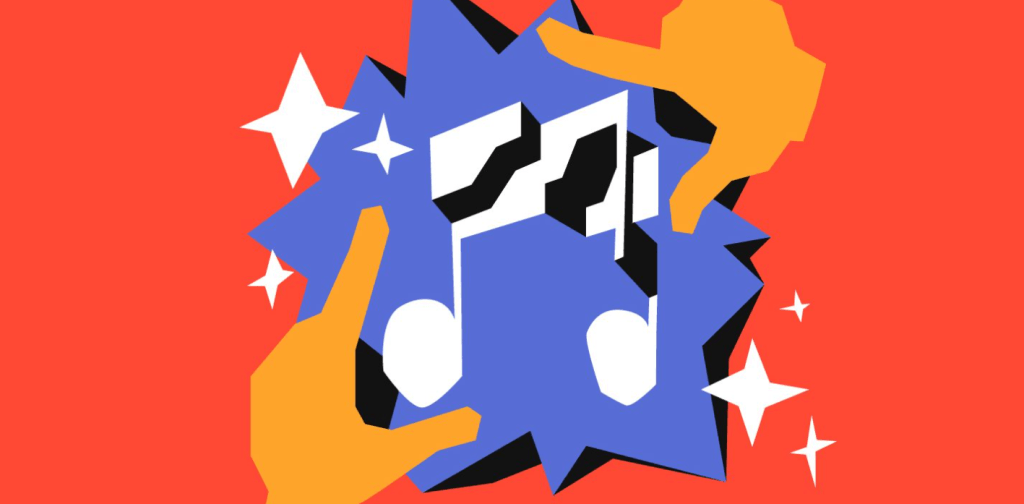
The offer’s launch is strategically scheduled for early 2026 in the United States. There’s no date yet for a worldwide rollout, but if the content works, there’s no reason it shouldn’t be available worldwide. This timing aligns with the increasing demand for diverse content, positioning Netflix to meet the evolving needs of its subscribers.
As with audio streaming, video streaming constantly reinvents itself, and subscribers jump from one platform to another in seconds. The key to Netflix lies in retaining its subscribers. As video podcasts gain ground over audio podcasts, this is a perfect opportunity to enter a lucrative niche. By offering new content and potentially generating advertising revenue, Netflix intends to increase its capital. The chosen podcasts already have a massive following and should provide optimal commercial exposure!
Netflix teams up with Spotify: why and what could it change?
Demand for video content has exploded recently, particularly on YouTube, where millions of people watch videos that straddle the line between reporting, entertainment, and podcasting. Spotify has understood this well, offering numerous podcasts in video format. Some appreciate the approach, but Spotify isn’t fooled: it remains primarily associated with audio and music in the minds of its users. Shifting their customers from passive to active listening and viewing is no easy task. They might as well do it on another video platform, the most well-known of all: Netflix.
With this deal, Spotify makes no secret of its ambitions. It hopes to begin a new chapter in the podcasting world and take advantage of Netflix’s hundreds of millions of subscribers to increase the reach of its in-house-produced content.

Furthermore, Spotify is making an interesting concession in business terms: it will no longer offer its podcasts in full video format on YouTube, as it has been the case until now. This option will be reserved for Netflix to strengthen the connection between the two services, especially since Netflix subscribers will see these programs directly integrated into their subscription at no additional cost.
Spotify’s diversification comes at a fertile time for the company: it has just announced the launch of its first television channel, The Ringer TV, available exclusively on Samsung TV Plus. The channel broadcasts video podcasts initiated by the media outlet The Ringer.
Netflix teams up with Spotify: why and what could it change? The consequences.
The goal is clear: to compete with YouTube. In a context where YouTube is gradually replacing television and more long-form, even very long, formats are being broadcast on the platform, the video streaming service is competing with Netflix, Amazon Prime, Apple TV, and others in their own sectors. How can Netflix and Spotify maintain their advantage? How can they recapture YouTube’s audience and provide them with tailored content?
With this deal with Spotify, Netflix hopes to expand its empire and change the game’s rules again. The consequence? A potential redistribution of roles among video streaming services, but also a way for Spotify to go beyond music streaming. The boundaries between streaming services are blurring more than ever. Platforms known for video are simultaneously becoming home to audio. Audio-only services can now be used with eyes glued to a screen. Are we witnessing the beginnings of a consolidation of platforms? The industry is on the brink of a significant shift.
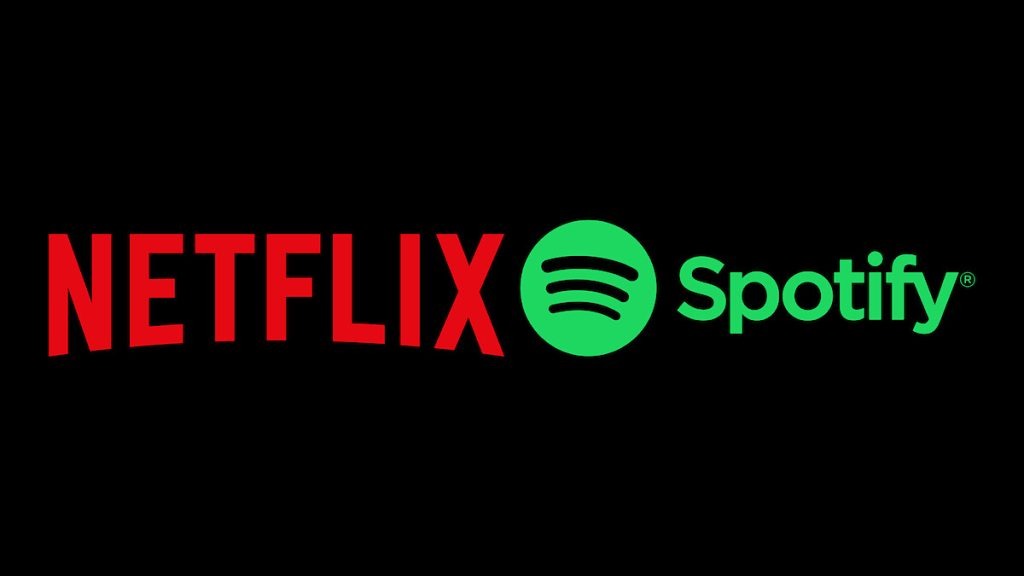
While it’s now sometimes necessary to subscribe to several relatively expensive subscriptions to enjoy exclusive content available exclusively on a single platform, the coming years may seestrategic mergers and bridges between competing platforms. Is this enough to harmonize the global streaming offering? This deal between Spotify and Netflix lays a foundation stone.
New rules!
We know that Spotify faces increased competition and has sought ways to diversify for years. While the Swedish streaming giant launched itself in the music sector, it branched out into podcasts, audiobooks, and Live streams, partnering with BandsInTown to showcase artist concerts. The goal is to add features to continually differentiate itself from its competitors. And if there’s one area in which Spotify has lagged behind Apple Music, TIDAL, or YouTube Music, it’s video. With Netflix at its side, Spotify is trying more than ever to position itself as a cross-channel service with ambitions beyond music. They are almost forced to react: studies show that 31% of weekly podcast consumers turn to YouTube, compared to 27% to Spotify.
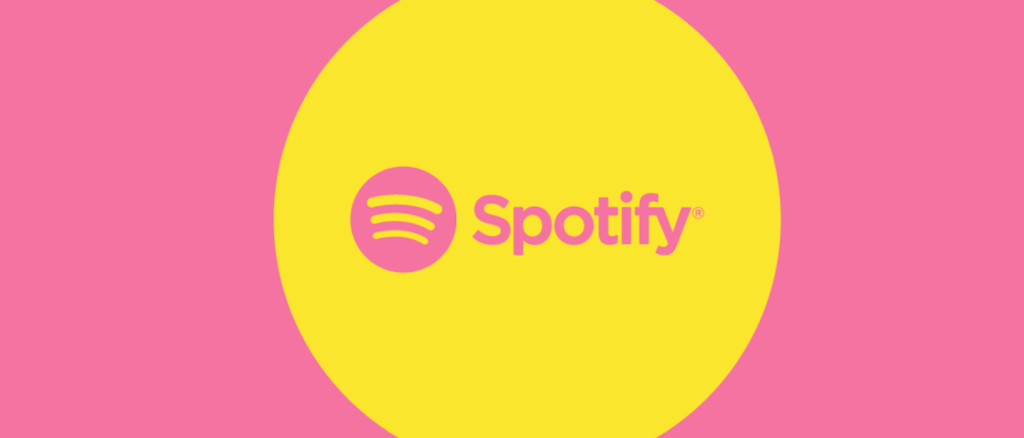
Another strategic key is activated for Spotify: becoming the preferred destination for content creators. By partnering with Netflix’s powerhouse, Spotify offers a platform with unparalleled visibility. This could lead to a shift in the preferences of project and podcast owners, who may find Spotify to be their ideal partner. This could lead to exclusivity contracts, further strengthening Spotify‘s position in the market.
Towards a centralization of power? It’s still too early to tell, but Spotify has undoubtedly further established its presence in a constantly evolving market.


